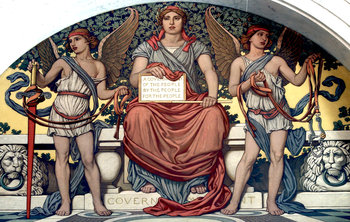
Supply & Demand
Market value is driven by supply and demand. Increases in demand increase market value. Increases in supply decrease market value. For example, if home builders increase supply of new homes by 700% in an area this would drive prices down unless demand also increases.Public Markets
A public market is a market that is open and accessible to the public such as a stock market. Prices on a liquid public market are considered a prime example of a market value. For example, a stock market with thousands of buyers and sellers of a stock competing at the same time to achieve the best price.Perfect Information
Market value assumes that buyers and sellers are both in possession of the facts that are relevant to a transaction. For example, if insiders sell a stock because they know there is a problem at a company before investors, this may not be considered a market value for the stock.Arms Length Transaction
Market value assumes that buyers and sellers have no relationship that could influence price. For example, if the CEO of a company buys assets from her company this would not be considered a market price unless the asset was put up for sale to the public with the CEO offering the highest price from multiple bidders.Fair Market Price
Fair market price is a reasonable estimate of market price that is used for legal, accounting and tax purposes. For example, a CEO might buy an asset from a company at a fair market price based on independent and reputable assessments of a reasonable market value.Reference Prices
Reference prices are data about recent prices that are used to estimate a fair market price. For example, data for home sales may be compiled to create reasonable estimates of the market price for homes based on market conditions, location, size, type, features and other factors.Appraisal
An appraisal is a formal opinion of a fair market price formed by an expert in a particular market. This may make use of reference prices, models and other formal methods. Alternatively, it may be based on the expert judgement of an individual based on their experience.| Overview: Market Value | ||
Type | ||
Definition | The price of an asset or good that can be expected in a fair, open and competitive market where buyers and sellers participate freely. | |
Related Concepts | ||



























